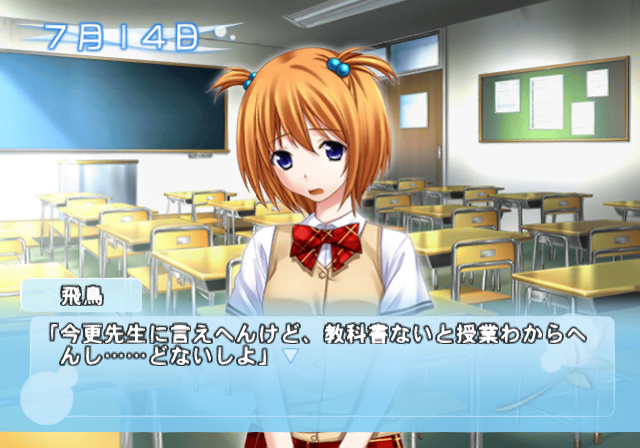Yes. theres also one for whole words and one for katakana ゝ - Wiktionary
(The word one 〱 - Wiktionary and the katakana one ヽ - Wiktionary)
I see! Very interesting, thank you!
Does anyone know a quick and easy difference between these sets of words:
毎度
毎回
実
事実
本当
研究
究明
? I know they all mean: 1st - Each/Every time, 2nd - Truth, 3rd - Investigation
but I can’t seem to tell the exact difference. I have heard the 3rd set, they differ based on, academic/scientific investigation vs criminal investigation but they both seem to be scientifically based?
I don’t have anything off the top of my head, but 研究 is used for the nerdy type stats analysis in anime/manga. There are a number of 3rd party books that compare abilities of JoJo’s Bizarre Adventure in Japanese.
It’s the following:
-
truth or reality (but there is also 真実)
-
fact (an event/statement that is known to be true)
-
true, real, genuine
So the nuances are different.
研究 refers to active study of sciences like chemistry (化学を研究する) or working in a lab. 究明 is more academic, like reading/writing scientific papers, etc.
If it’s related to police work it would likely be 捜査 or something else with the 査 kanji.
I encountered following line in the Visual Novel I’m reading right now (StarTRain):

「今更先生に言えへんけど、教科書ないと授業わからへ んし……どないしよ」
This character often speaks in 関西弁. I have a question about the last word/phrase. Is “どないしよ” a 関西弁 equivalent of “どうしよう”? It would seem so from context…
Got this in a book I’m reading (during a dream sequence):
地平線でもなく水平線でもない、雲平線とでもいうのだろう
I’m mostly looking for opinions on how I should read 雲平線. 地平線 is read ちへいせん and 水平線 is read すいへいせん. From this, on’yomi seems like a safe bet, and ん followed by へ often leads to ぺ, so I’m thinking うんぺいせん is most likely. I also see a name in Yomichan for 雲平 which is read うんぺい, for what that’s worth. Thoughts?
Hmm good question. 雲平 seems to be some kind of sweet so I don’t think the reading is neccessarily relevant here.
I found some references to a name but honestly I really don’t find anything conclusive either.
My gut tells my うんぺいせん too but that really doesn’t help you in any way ^^
My first guess was うんへいせん and my phone’s IME is okay with it, but rendaku and I’m probably biased phonetically, because of 運命. So I’d say you’re right ![]()
Yah. Or どうすればいい sort of thing. [Citation]
やはり第5部の名場面と言うと、ジョルノやブチャラティの活躍シーンが多いですね。
What is that bolded part supposed to mean? My best bets are animation or (less likely I think, also spoiler for JoJo Part 5) resurrection.
It means basically the same as ジョルノやブチャラティの出るシーン. The scenes that those two characters appear in.
This might be a little late, and you’re prolly not looking into this anymore, but 雲平
is an occasional Japanese given name, and it rendakus as うんぺい, so I’d bet on the same here.
Thank you!
If a seller says 「本日で下げます」 in an item’s comments, does that mean they will remove the listing or lower the price? I had figured it was lower the price but I want to be sure ![]()
I think it might mean that he’s going to remove the item as in “bring it down”. But I guess you can ask for confirmation ![]()
Actually im pretty sure its lower the price.
EDIT: Apparently I replied to your message before you sent it

This is from a light novel I was reading:
「あとは宮下藤花として静かに生きている。君と恋を語り合ったりね」
「恋、って あのなあ」
どうもこいつの言葉遣いは変に大時代的だ。僕のことを”君”とか、まるで明治時代の書生みたいな呼び方をする。
Why would it be antiquated for the first character to refer to the other as 君?
EDIT: 宮下藤花=みやしたとうか (it’s a name)
Well, he kind of explained why would it be oldfashioned in the second part of sentence - according to him woman addressing her man by “君” sounds like something straight from Meiji era* (まるで明治時代の書生みたいな呼び方). But I don’t know if it’s really the case ![]()
*It’s not that 君 itself is oldfashioned word, but this usage might be.
I think a stereotypical guy (in light novels / manga / anime at least) would refer to another guy as おまえ, not 君. Not 100% sure that’s the reason, but that was my first thought.
